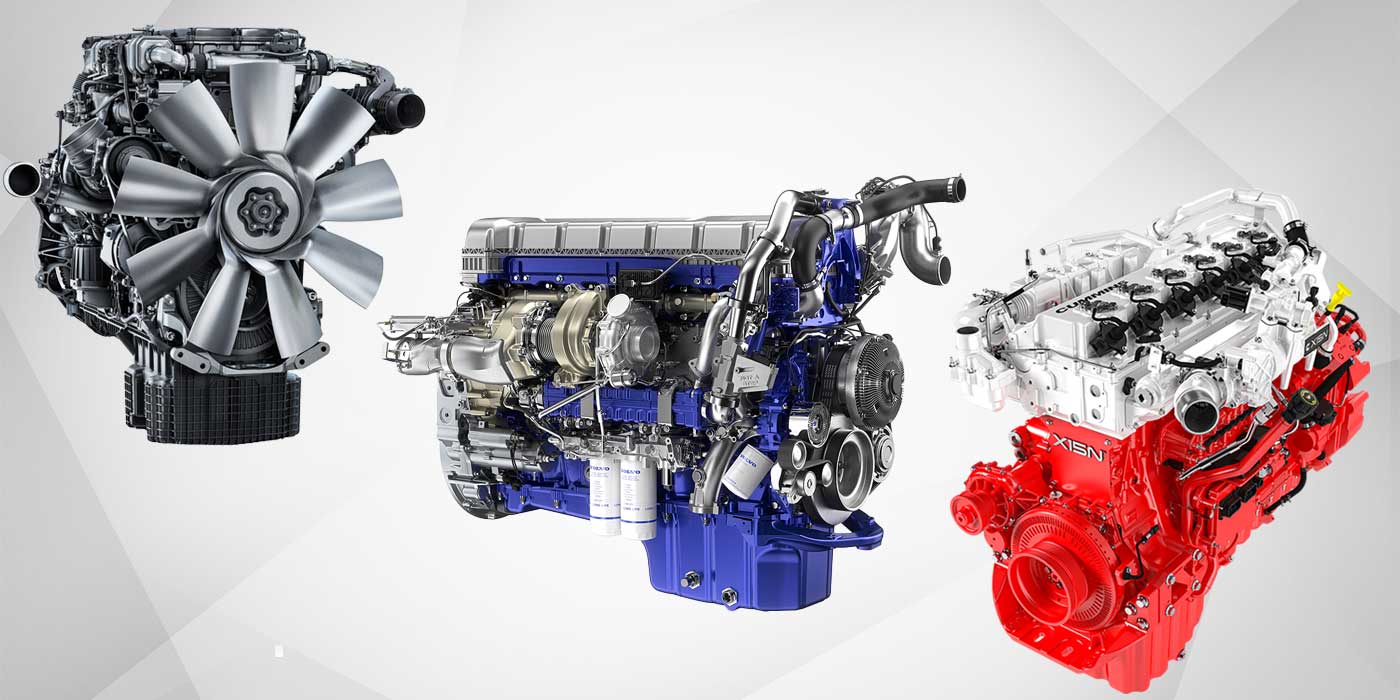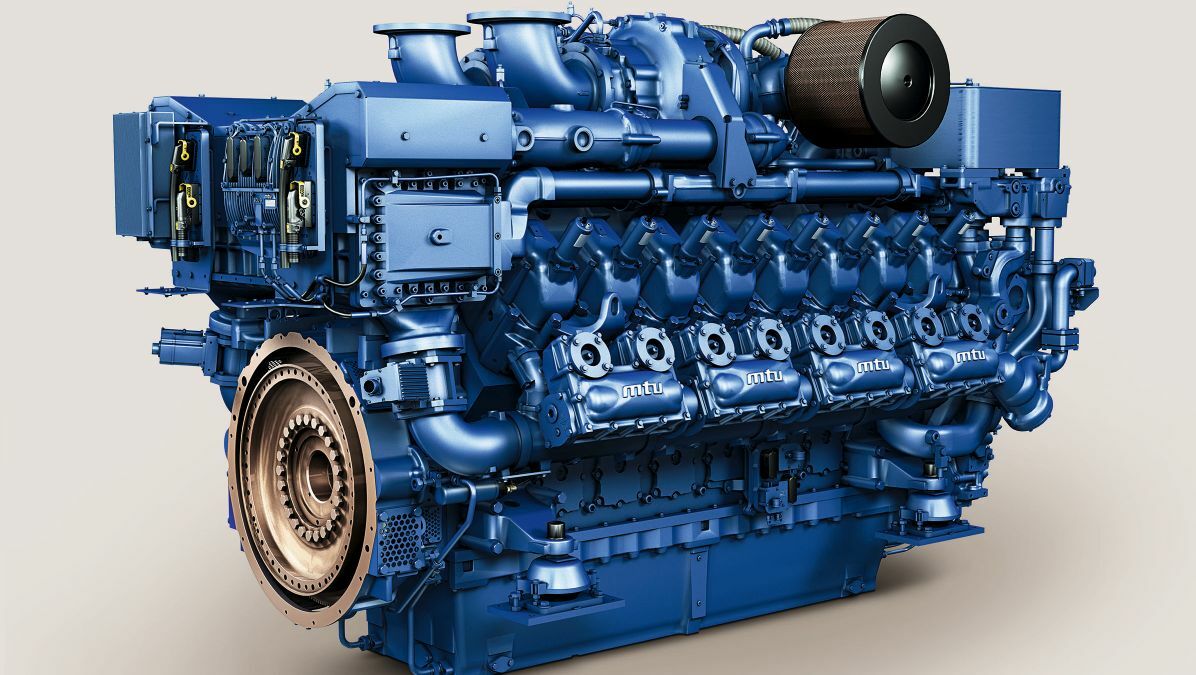Obtain the Perfect Fit with Engines For Africa's Diverse Option
Obtain the Perfect Fit with Engines For Africa's Diverse Option
Blog Article
A Complete Guide to Selecting the Right Engine for Your Job
Selecting the suitable engine for your task is an essential choice that can considerably influence its overall success. It is important to diligently define your job requires, review performance requirements, and think about user-friendliness alongside other necessary factors. Furthermore, recognizing the community support offered and looking at cost implications can even more improve your selection. Each of these elements plays a pivotal function in guaranteeing that your chosen engine not just fulfills prompt purposes yet also aligns with long-lasting ambitions. As we check out these considerations, you may find that the nuances of each element expose greater than at first expected.
Specify Your Job Needs
Defining your job requires is a critical action in selecting the appropriate engine for effective implementation. A detailed understanding of your task's objectives will assist you in recognizing the abilities and features required from an engine. Begin by describing the scope of your job, including the wanted capability, target market, and the particular end results you intend to achieve.
Following, consider the technological demands that line up with your job objectives. This consists of assessing the compatibility of the engine with existing systems, as well as the shows languages and frameworks that will certainly be utilized. Additionally, analyze the level of scalability required to fit future growth or modifications in need.
Spending plan constraints also play an essential duty in specifying your job needs. Develop a clear monetary framework to lead your decision-making process, guaranteeing that the engine selected fits within your budget plan while offering the required performance.
Evaluate Performance Requirements

Engines that sustain horizontal scaling are often better for larger applications. Additionally, assess the engine's performance under various conditions, such as peak use circumstances, to guarantee it satisfies your dependability requirements.
Take Into Consideration Simplicity of Usage
While technical specifications are important, the simplicity of use of an engine can dramatically influence the advancement process and general project success. An instinctive interface, clear paperwork, and streamlined process can dramatically reduce the learning curve for designers, enabling them to focus on creativity and analytical rather than grappling with facility tools.
When reviewing an engine's simplicity of usage, consider the onboarding experience. A well-structured introduction, full with tutorials and example projects, can help with a smoother transition for brand-new customers. Furthermore, the clarity and comprehensiveness of the engine's documentation play an important duty; thorough overviews and API recommendations can equip programmers to repair and apply features efficiently.
Another aspect to think about is the engine's modification abilities. An engine that permits very easy modifications can be much more user-friendly, as programmers can tailor it to fit their certain requirements without substantial inconvenience. Analyze the process combination with tools and platforms you already make use of. A natural ecosystem can improve performance and minimize rubbing during the growth process. Ultimately, picking an engine that focuses on simplicity of use can result in a more delightful and productive development look at these guys experience.
Assess Neighborhood and Assistance
The strength of an engine's neighborhood and assistance network can considerably affect a designer's experience and success. When analyzing an engine, consider the size and task degree of its area.
In addition, review the availability of official assistance channels. Reputable documents, receptive customer assistance, and normal updates are vital for addressing technical concerns and maintaining your job on track. Engines For Africa. Energetic areas also promote partnership, offering possibilities for networking and responses, which can be invaluable, specifically for independent programmers or little teams
Additionally, examine the presence of community-run events, such as meetups or hackathons. These events can enrich your understanding of the engine while linking you with prospective partners and knowledgeable customers. In summary, a durable area and support group not just simplify growth yet additionally produce a setting conducive to discovering and innovation, ultimately enhancing the chance of your task's success.
Contrast Expense and Licensing Options
Spending plan considerations play a vital duty in selecting the right engine for your task, as the expense and licensing alternatives can significantly influence both temporary expenditures and lasting stability. Engines For Africa. Different engines provide varying pricing structures, which can consist of one-time acquisition fees, subscription versions, or revenue-sharing arrangements based upon your project's earnings

Licensing choices likewise differ dramatically. Some engines are open-source, supplying adaptability and community-driven support, while others might call for exclusive licenses that restrict usage and distribution. Comprehending the effects of each licensing model is essential, as it influences ownership rights, future scalability, and possible legal responsibilities.
Conclusion
In final thought, selecting the proper engine for a project demands a comprehensive analysis of defined check my blog project demands, performance needs, ease of usage, neighborhood support, and cost factors to consider. By methodically addressing these critical elements, decision-makers can ensure positioning with both future and existing job needs. A well-informed selection ultimately improves the possibility of job success, enabling efficient resource allowance and optimizing possible end results within the defined budgetary restrictions.
Picking the ideal engine for your project is a vital choice that can considerably impact its overall success.Specifying your project needs is an essential action in picking the proper engine for successful implementation. An extensive understanding of your project's objectives will assist you in recognizing the attributes and capabilities called for from an engine.When you have a clear understanding of your job needs, the following step is to assess the efficiency needs of the engine.In final thought, selecting the suitable engine for a task demands a comprehensive evaluation of specified job needs, efficiency requirements, simplicity of use, community support, and expense considerations.
Report this page